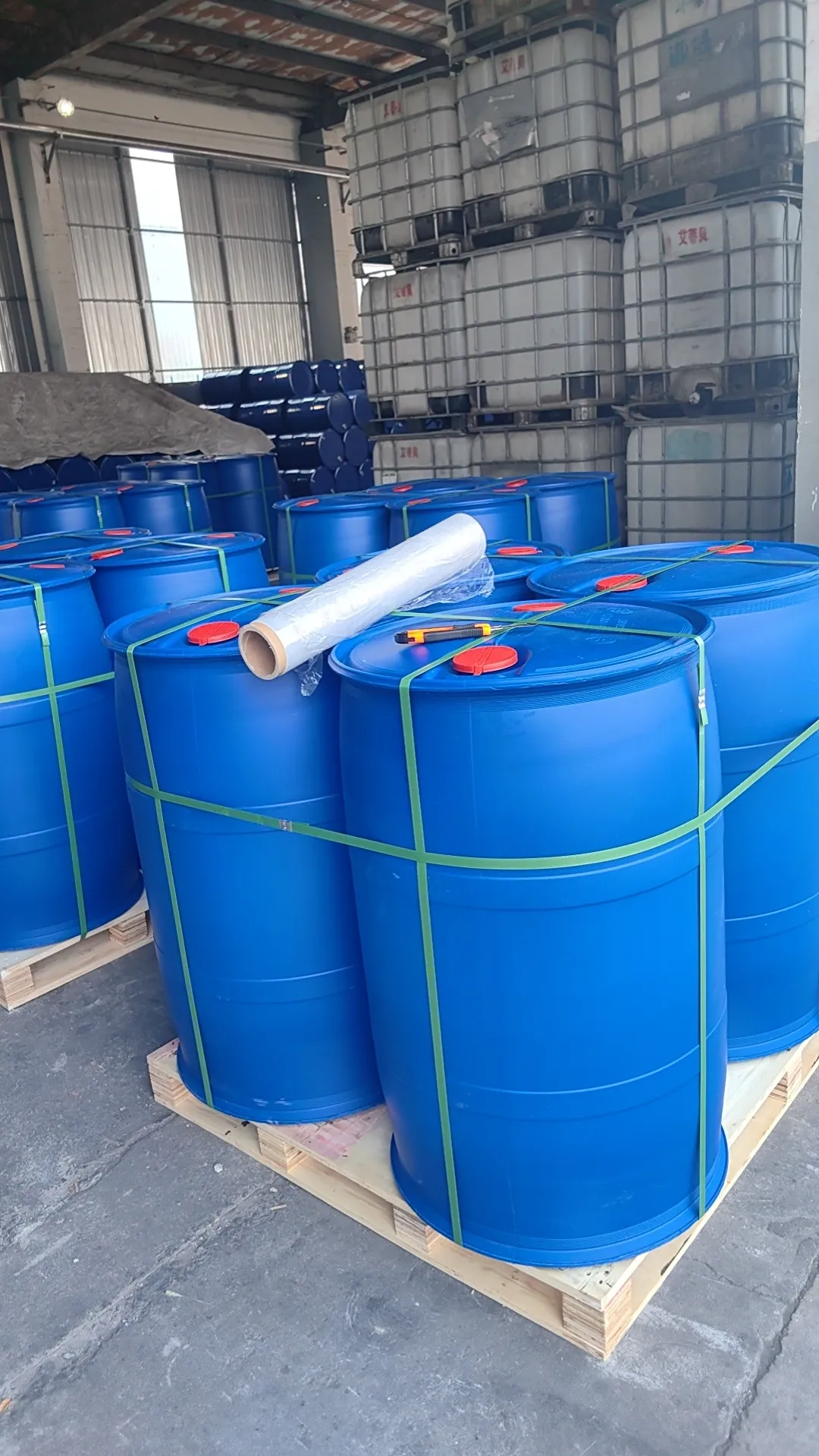

The rise of personalized medicine has led to the development of targeted APIs, designed to work with specific genetic profiles. This innovation is particularly evident in oncology, where targeted therapies have transformed treatment paradigms, offering patients personalized solutions that increase efficacy while reducing adverse effects. Pharmaceutical companies face the challenge of balancing efficacy, safety, and efficiency in producing APIs. Rigorous testing and validation processes are critical to establishing these elements, ensuring that the APIs not only meet regulatory standards but also deliver consistent therapeutic benefits. Furthermore, advancements in technology are enabling more sustainable and cost-effective manufacturing processes, which are vital in making these therapies accessible to a broader patient population. In the context of regulatory environments, APIs undergo thorough scrutiny by agencies such as the U.S. Food and Drug Administration (FDA) and the European Medicines Agency (EMA). These organizations set the framework for quality, safety, and efficacy that pharmaceutical companies must adhere to in API development and production. In summary, the diverse types of APIs form the backbone of modern pharmacotherapy, offering a range of treatments tailored to different conditions and patient needs. As the pharmaceutical industry continues to innovate, these advancements promise to expand the therapeutic possibilities, bringing hope to patients and precision to healthcare. Understanding these nuances ensures stakeholders are well-equipped to navigate the complex landscape of pharmaceuticals, driving both progress and compliance in equal measure.
Next:

